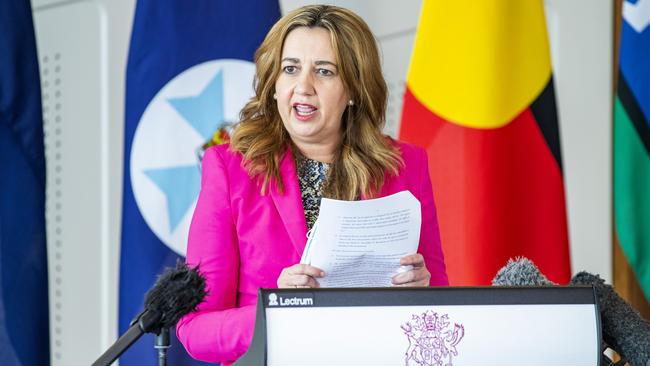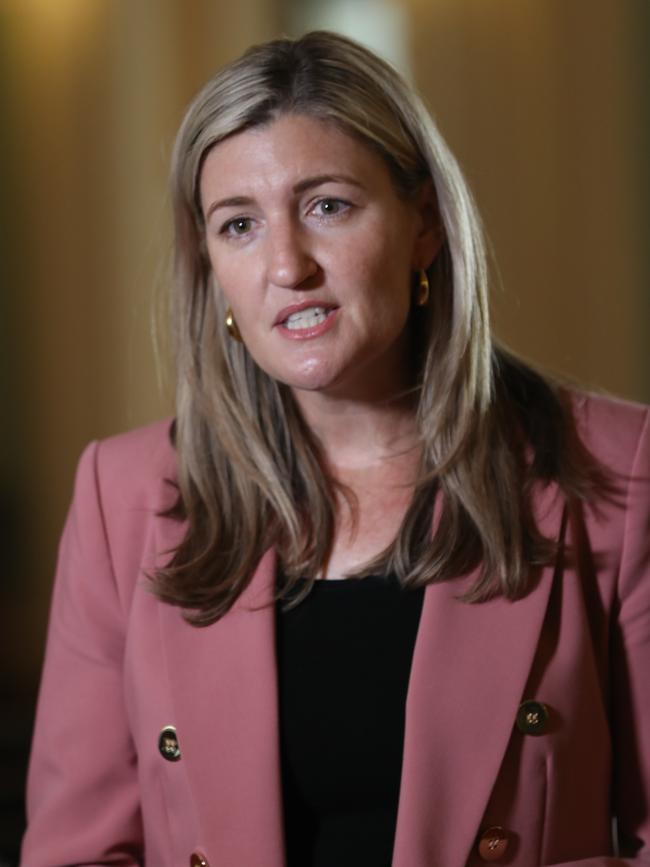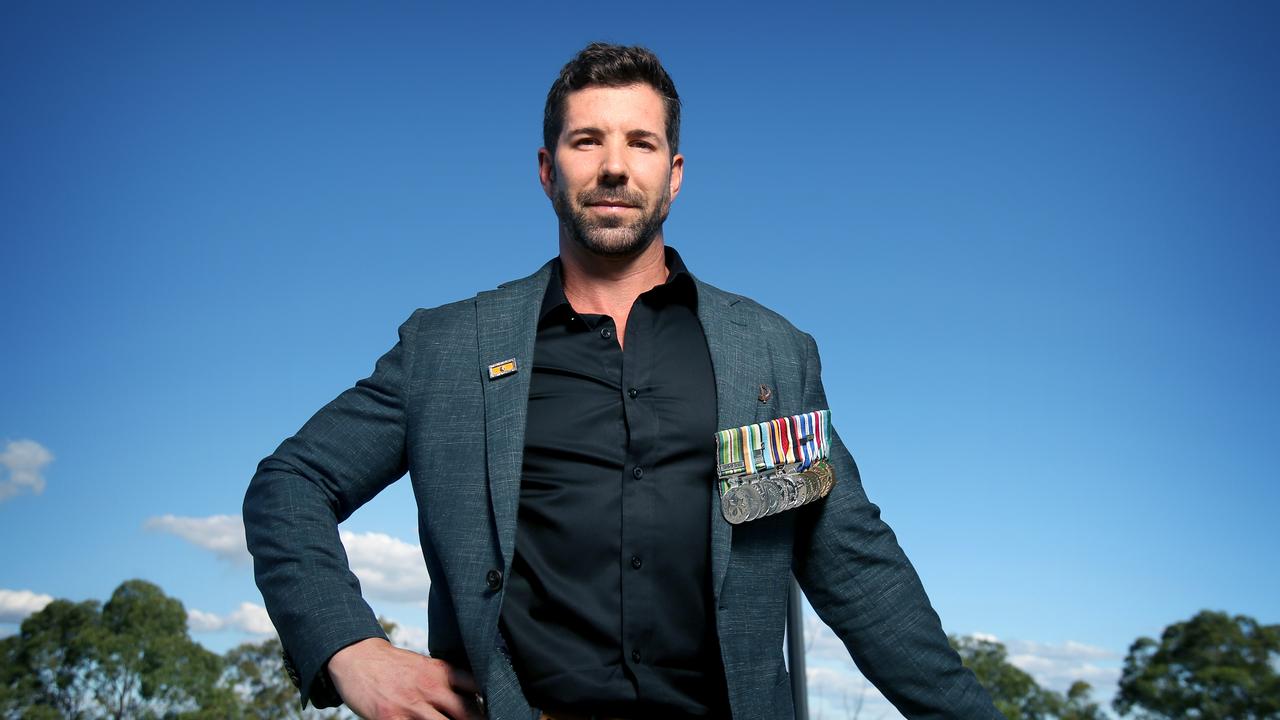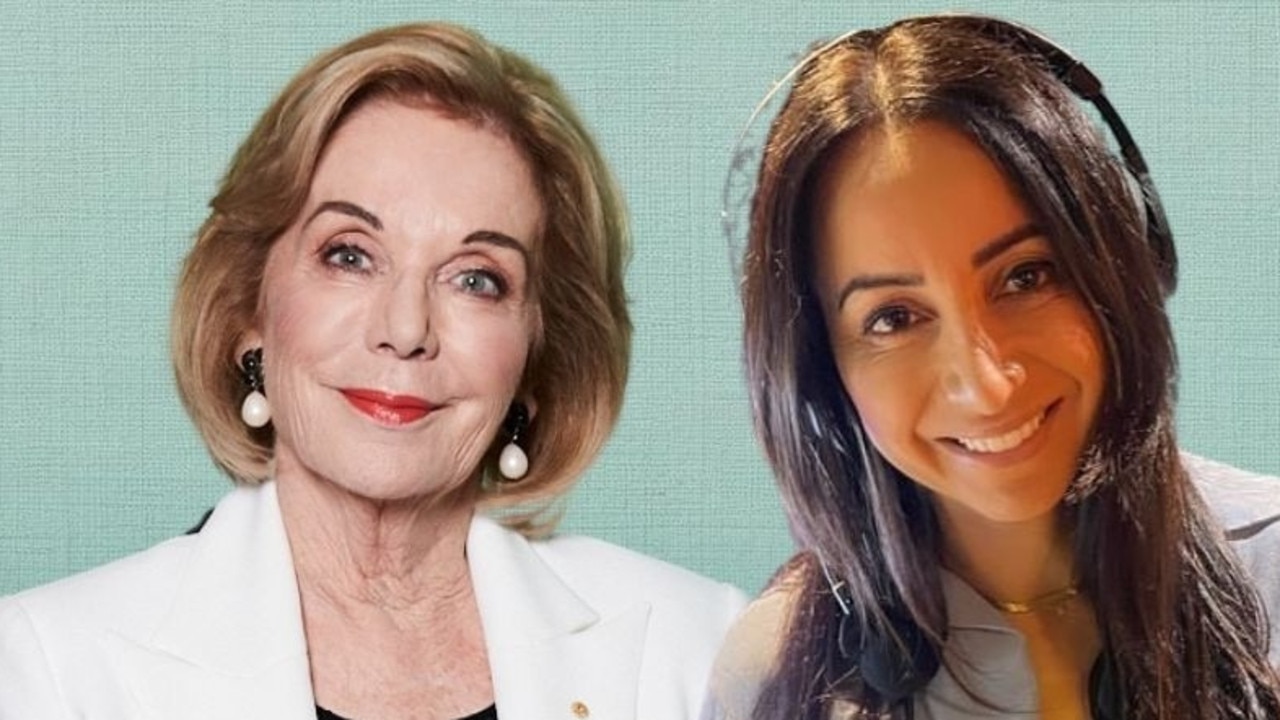Queensland’s shield laws will expose journalists to jail terms, fines
Journalists hauled before coercive corruption watchdog hearings in Queensland will continue to face threats of prison time if they do not reveal whistleblower sources.

Journalists hauled before coercive corruption watchdog hearings will continue to face threats of prison time if they do not reveal whistleblower sources after a Queensland parliamentary committee ignored calls to strengthen protections.
The Palaszczuk government’s shield law Bill, expected to be debated and passed early this year, will protect journalists from revealing sources in court but will not extend the privilege to secretive coercive hearings by the Crime and Corruption Commission.
On Friday, the Labor-dominated parliamentary committee reviewing the draft laws dismissed calls from lawyers and journalists to extend the protection to CCC hearings. Under its sweeping powers, the CCC can compel witnesses to answer questions and produce documents which may override the privilege against self-incrimination.
The committee, made up of three Labor MPs, two Liberal Nationals and one independent, noted 94 per cent of respondents to a government survey, which assessed the public’s right to know and the court’s need to know, supported shield laws applying to the CCC.
Cabinet is expected to consider the report when it meets on Monday and Attorney-General Shannon Fentiman has said the government would consider extending the shield to CCC hearings this year in separate legislation. But it may be too late for a Brisbane television journalist.

The journalist, who can be identified only as “witness F”, has been fighting the watchdog in court for more than a year for the right to protect his police source who gave him information about a murder and anti-terrorism investigation in 2018.
In November, the Queensland Court of Appeal upheld a decision by the Supreme Court judge who found public interest immunity did not extend to protect a journalist’s confidential sources.
The journalist could now be hauled back before the CCC and threatened with a $26,690 fine or five years in prison if he continues to refuse to answer questions.
The police source was last month committed to stand trial over the leak.
In evidence to the committee, a coalition of media organisations – including News Corp, the ABC, Nine and others – said if the shield does not apply to the CCC, journalists with confidential sources will remain at risk.
“The recent proceedings concerning ‘F’ demonstrate how badly needed the privilege is both generally and specifically in relation to the CCC,” News Corp head of policy and government affairs Georgia-Kate Schubert said on behalf of Australia’s Right to Know coalition. “If the shield does not apply to that body, journalists continue to risk being fined or jailed simply for doing their jobs.”
The CCC has argued the onus should be on the journalist seeking to withhold that information “to reflect that the public interest would generally be presumed to favour the effective investigation of serious crime and corruption”.
LNP leader David Crisafulli is considering moving amendments to extend the shield to CCC hearings, but will wait until the Palaszczuk cabinet considers the committee’s report.
A commission of inquiry into the functions and powers of the CCC was launched last week after a separate parliamentary committee found it had at times not acted impartially.
Queensland is the last Australian jurisdiction to introduce shield laws, but the level of protection offered to journalists differs across states.
Shield laws in Victoria, Western Australia and the ACT do not apply to their equivalent corruption bodies, and in NSW journalists can claim privilege before the Independent Commission Against Corruption but not the Crime Commission.
South Australia’s legislation does not afford protection to a witness who refuses to answer a question on the basis of privilege, but it has not been tested there.
News Corp senior counsel Gina McWilliams told the inquiry the shield was claimed by an editor and journalist brought before the Northern Territory commission last year and was upheld.




